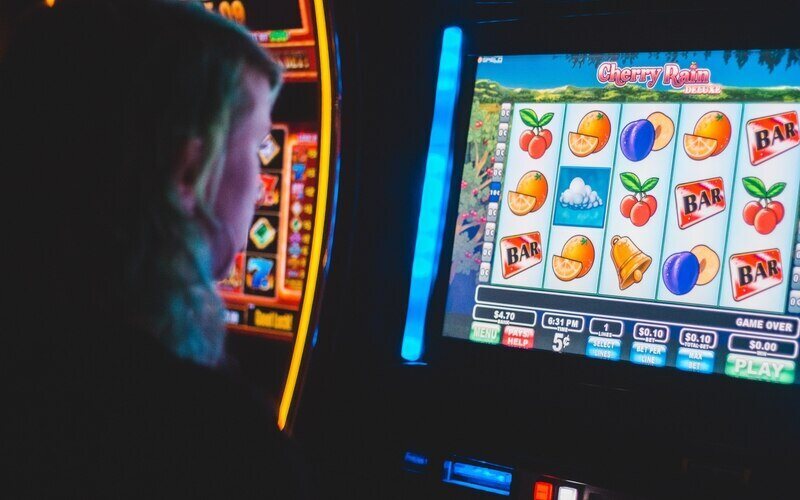This comes as the Australian Securities and Investments Commission (ASIC) detailed deficiencies in Spaceship's target market determinations.
Put simply, a target market determination (TMD) is a document describing for whom a product is appropriate, and any conditions around how the product can be distributed.
ASIC details the interim stop order made in respect of Spaceship Super is the first interim stop order on a superannuation product under the design and distribution obligations (DDO).
Under DDO obligations, issuers must notify ASIC of a significant dealing in a financial product that is not consistent with the product’s target market determination (TMD).
ASIC noted that the target market in the TMD for the Spaceship Super product was defined too broadly, and had not properly taken into account the risks of the product options.
For Spaceship's Voyager product, ASIC identified that information within the TMDs for the funds was inconsistent.
Further, concerns relating to Spaceship Voyager included:
- A mismatch between the investment risk profiles of the Spaceship Voyager Funds (very high-risk) and risk profiles identified for investors within the target markets (medium and high).
- A potential investment timeframe of two years or more where the suggested minimum investment timeframe in the PDS is seven years.
- The target markets included investors with a need to withdraw money daily when withdrawals would usually be paid within five business days and may be suspended or delayed for longer than 21 business days.
Spaceship's interim stop order comes as ASIC places more attention upon DDO, with buy now, pay later (BNPL) platform Humm forced to meet the same fate as Spaceship in the past week, unable to allow new customers to sign up to BNPL services.
That interim stop order has since been removed, with Humm able to offer products once more following a resolution with ASIC.
Read more: Comparing micro-investing apps in Australia
Image by macrovector via freepik



 Denise Raward
Denise Raward


 Harry O'Sullivan
Harry O'Sullivan
 William Jolly
William Jolly

